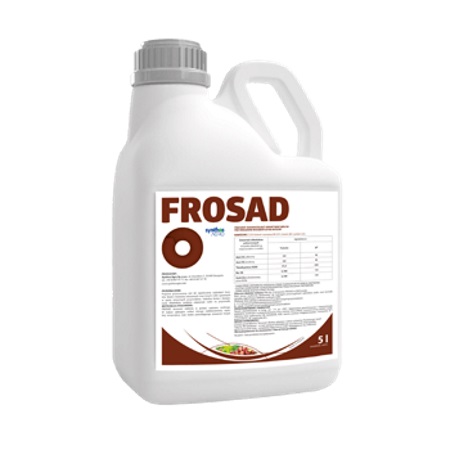Fertilizers
Fertilizers are agents used in plant cultivation to produce higher yield and better quality of crops. The role of fertilizers is to provide plants with essential nutrients supporting plant growth and development - macroelements: N (nitrogen), P (phosphorus), K (potassium), Ca (calcium), Mg (magnesium), S (sulphur), Fe (iron), and microelements: Mn (manganese), Cu (copper), Zn (zinc), B (boron), Mo (molybdenum).
Fertilizers can be applied to soils or to leaves (so-called foliar feeding).
Essential nutrients are taken up mainly by roots. Macro- and microelements are essentially required for plants to develop healthy rooting, to grow, and to produce high crop yield.
Foliar feeding is a must and is used to supplement the uptake of nutrients from soil. Foliar application of fertilizers in agriculture and horticulture helps rebalance sudden deficits in nutrients caused by drought and general nutrient deficiencies in soil.
However, only reasonable use of fertilizers guarantees high quality crops, according to Liebig's law of the minimum. It states that the availability of the most abundant nutrient in the soil is only as good as the availability of the least abundant nutrient in the soil.


